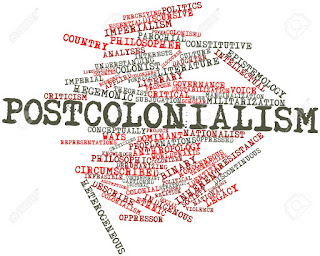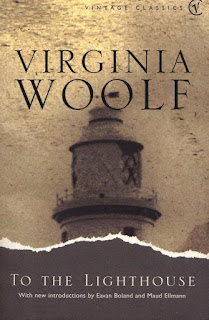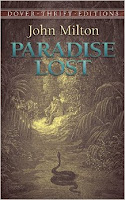Very Brief Summary of The White Tiger by Arvind Adiga

The white tiger novel published in 2008 by Indian young writer Arvind Adiga, which won him glittering Man Booker Prize of the year 2008. The novel presents India in quite different and unacceptable way and by and large this India would be unexpected by most Indians. The novel has simple plot that how a poor man from countryside becomes an entrepreneur in present globalizing India. The story is divided in six nights every night he tells the biography of an entrepreneur. Every night a narrator tells the story to a Chinese premier. The way of telling a story is quite different and innovative. In the first night the narrator is listening to the radio, and he listen that a Chinese premier Jiabao is coming to India to know the story of how entrepreneurs are growing in India. The narrator tells he himself is the best example of the entrepreneur. While telling story Balram is narrating a nation by presenting a canvas on which all things occur.






